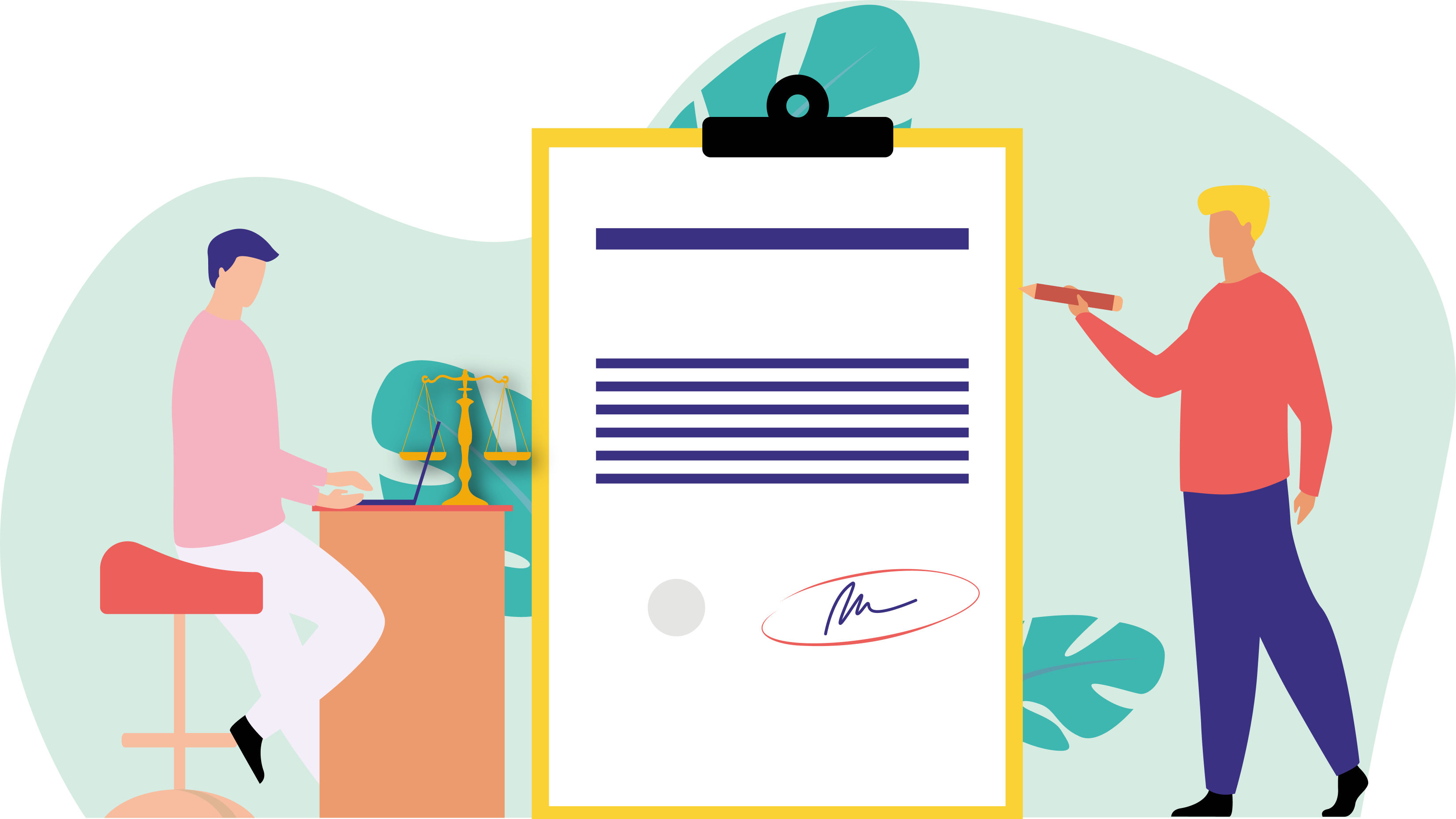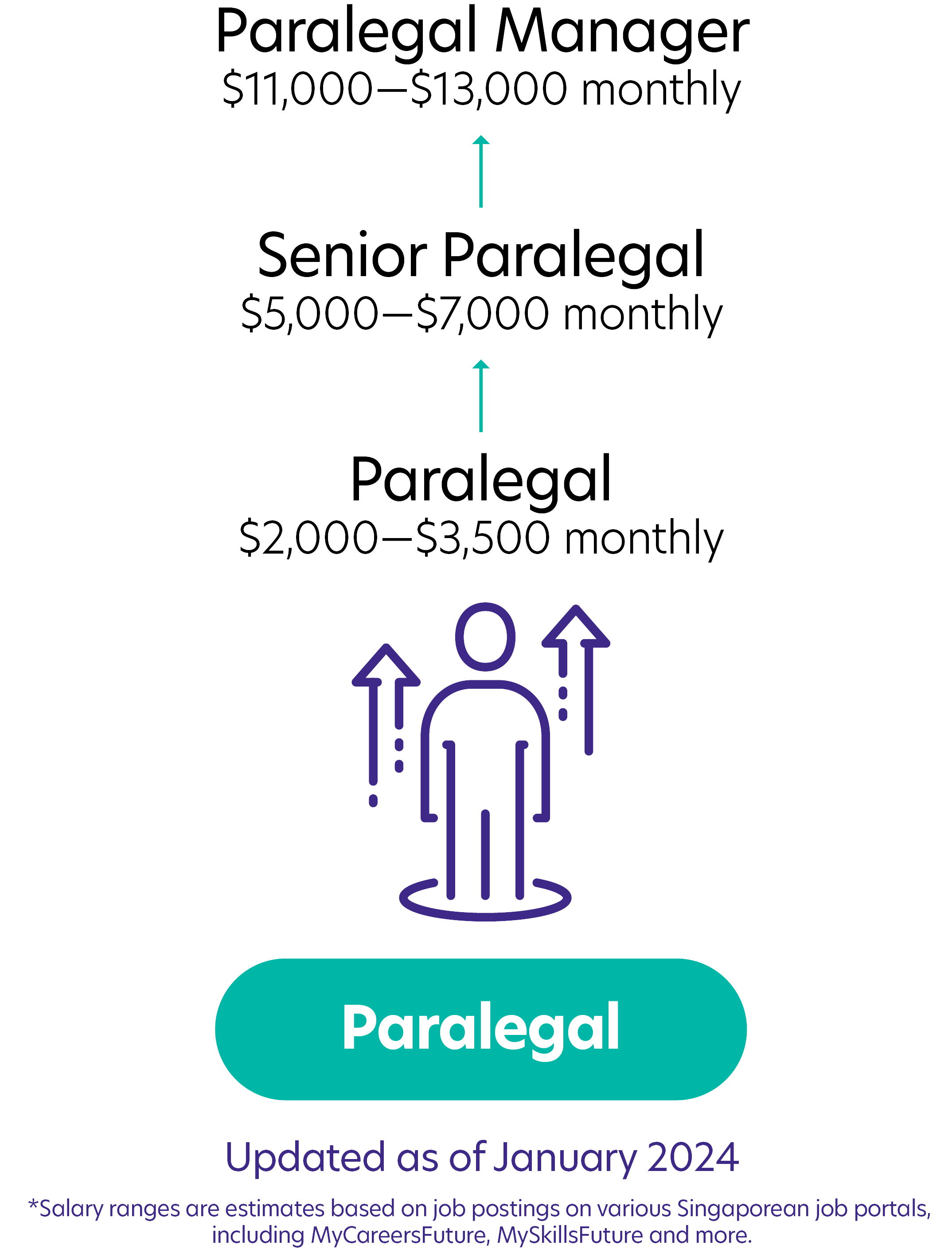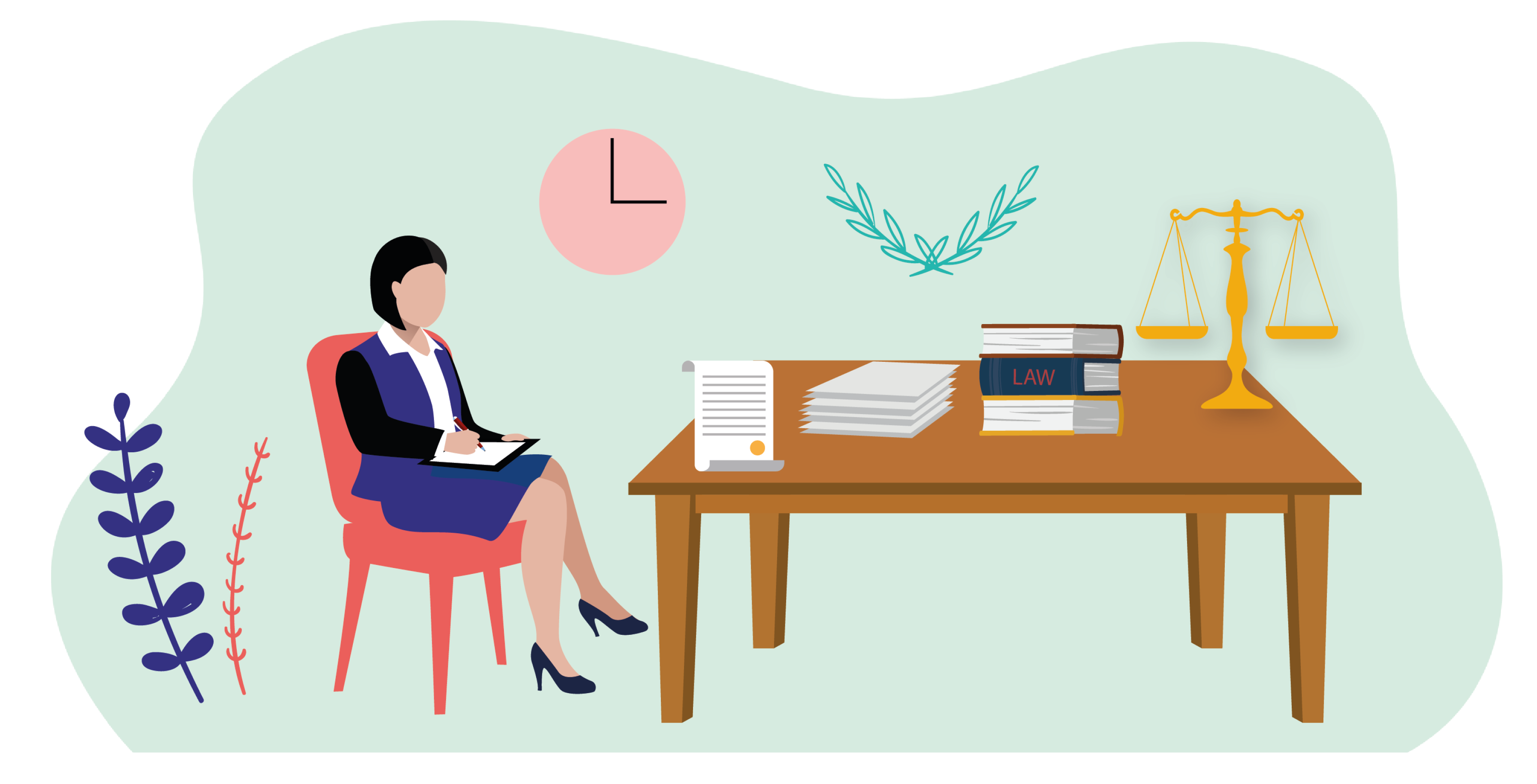
Paralegals play a support role by assisting Lawyers in their day-to-day work. They help Lawyers prepare for hearings, trials and corporate meetings, and they conduct Legal research and compile and organise evidence.
- Research and gather facts for a case.
- Organise paper or electronic documents.
- Help Lawyers prepare for trials by writing or summarising reports.
- Help Lawyers during trials by taking notes or reviewing trial transcripts.
- Schedule meetings and interviews with clients, witnesses, Lawyers and external vendors.
- Maintain and organise case files, manage timelines, and ensure all case-related materials are filed correctly and easily accessible.
- Act as a liaison between the Lawyer and clients and maintain regular communication to keep clients informed about the progress of their cases.
Note
Some of the work done by Paralegals can be fast-paced. Paralegals must be able to work on many projects under tight deadlines.
Nature of Work
Your duties depend on the area of Law you practise. Some Paralegals may handle contracts and reports, while others manage research and evidence.Key Advice
You'll excel by mastering Legal software and staying updated on regulatory changes, which is crucial for handling complex cases effectively.-
Entry RequirementsEntry Requirements
- A common path to becoming a Paralegal is earning an associate’s degree in Paralegal Studies. Some employers look for applicants with a bachelor’s degree in another subject, as well as a certificate in Paralegal Studies. To get the certification, you go through a Paralegal education programme approved by The Law Society Of Singapore.
- You must obtain specialised certifications in Litigation, Corporate Law, Estate Planning and Intellectual Property.
- You must also know about Legal research databases (e.g. Westlaw, LexisNexis) and case management software.
- Engagement in CLE activities can also be an asset. Some jurisdictions or employers may require Paralegals to complete certain CLE hours annually to stay updated with the latest Legal developments and maintain their certification.
-
Possible PathwayPossible Pathway

Computer Software Skills
Being able to navigate Legal research platforms and office applications is key for efficiency.Organisational Skills
This skill means you're adept at juggling multiple cases, files and deadlines without dropping the ball.Research Skills
You'll shine by being thorough in digging up case Laws, Statutes & Legal precedents that are pivotal to success.Time Management
Mastering this skill allows you to meet deadlines and manage your workload effectively, even under pressure.Communication
Being able to articulate complex Legal concepts in simple terms is crucial for liaising with clients or colleagues.Interpersonal Skills
This involves building strong, trust-based relationships with clients, colleagues & other stakeholders.Related Job Roles
Explore Other Programmes
Browse AllYou have bookmarked your first item!
Find it in My Discoveries with insights on your interests!










